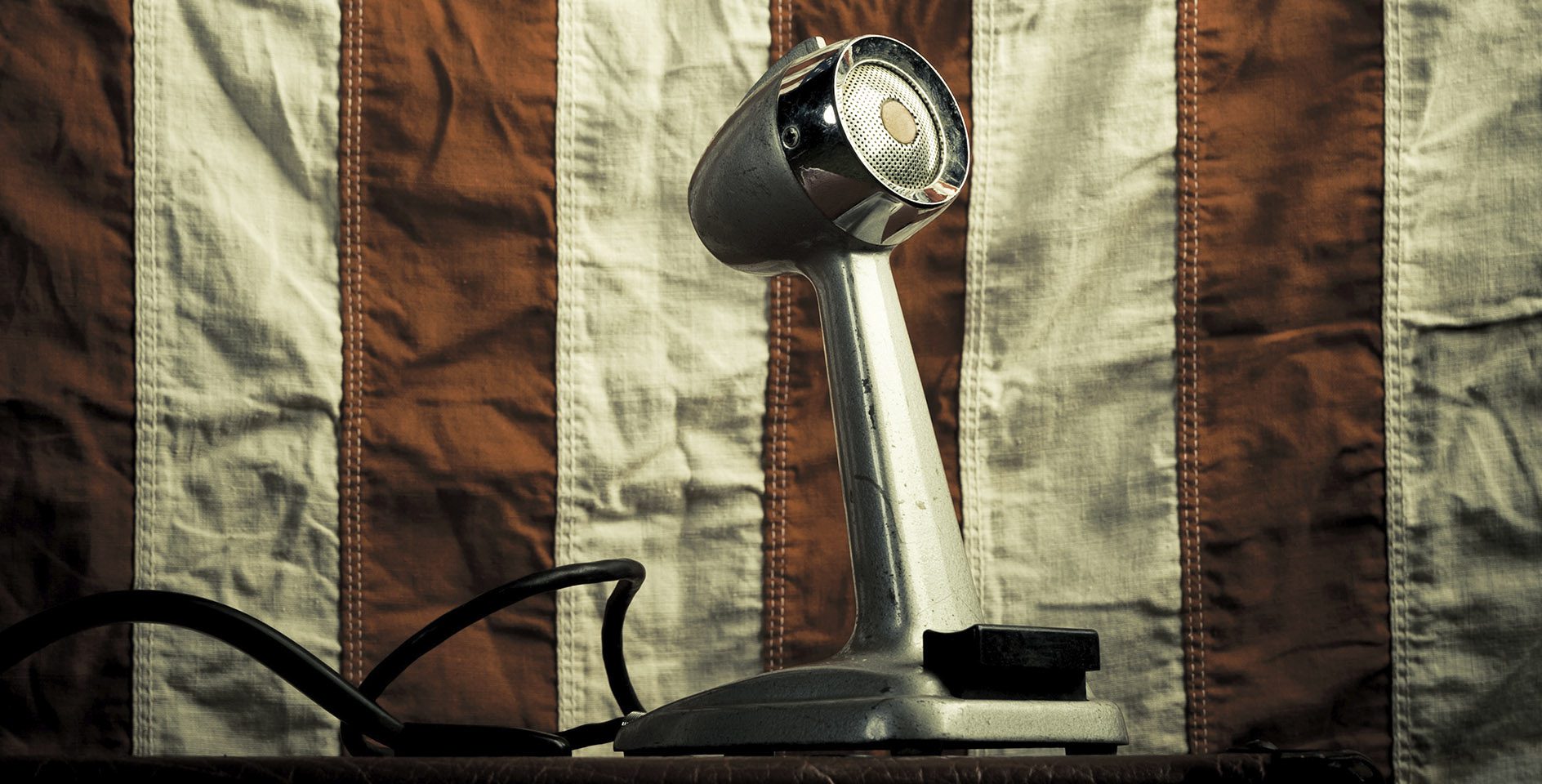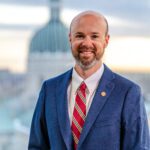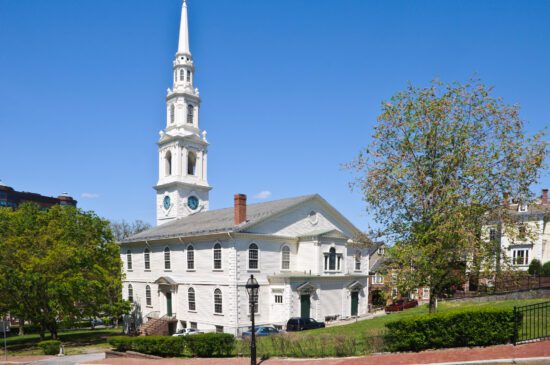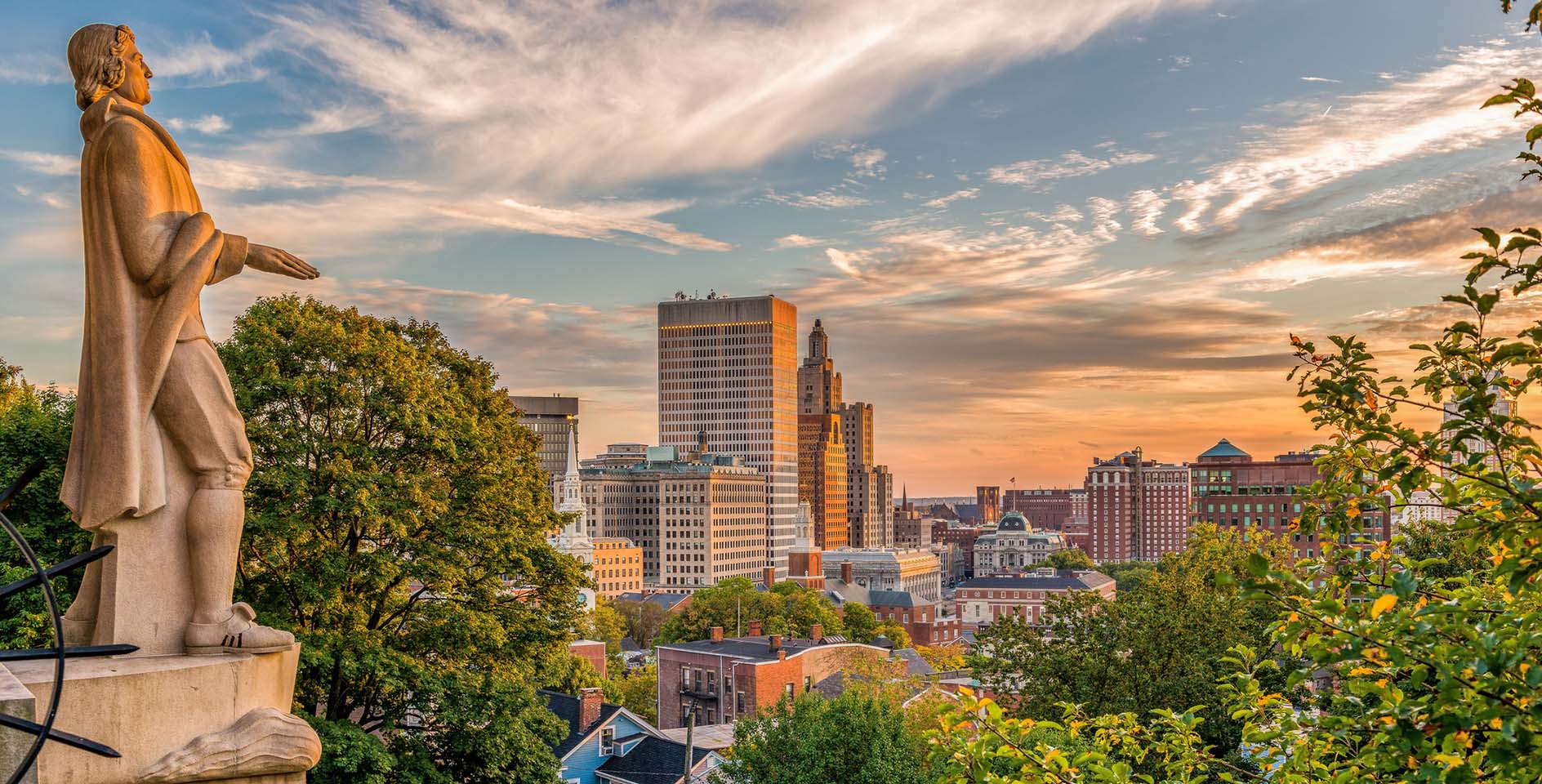In 2017, a new trend has been established among prominent senators of the Democratic Party: Interrogating would-be government appointees about their religious beliefs as a condition of serving in government, something expressly prohibited by Article VI of the United States Constitution.
In June, Senator Bernie Sanders angrily berated Russell Vought over his Christian conviction that salvation is attainable only through Jesus Christ. Sanders voted no on Vought’s appointment, believing his views—which he caricatured as “Islamophobic”—disqualified him from serving in government.
Most recently, Senators Dick Durbin and Diane Feinstein applied the same disrespectful religious test to Amy Coney Barrett, a nominee for the 7th Circuit Court of Appeals. “Do you consider yourself an ‘orthodox Catholic’?” Senator Dick Durbin asked Barrett abrasively. The line of questioning is reminiscent to the McCarthy Inquisitions of the 1950s. Durbin might have well asked: "Are you now or have you ever been a Christian?" Senator Feinstein condescendingly and cynically observed about Barrett’s Catholic faith that “dogma lives loudly within you, and that’s of concern.” Americans are free to have religious disagreements, but heresy pronouncements made by politicians with their own orthodoxy is off-limits.
In each of these instances, members of the most deliberative body of government engaged in religious discrimination in its purest form. It is inexcusable. Whether issuing from liberals or conservatives, religious tests are a violation of the religious equality knit into our system of government.
I wish these occurrences were rare, but their frequency suggests that progressive elements of the Democratic establishment are fine with castigating government appointees if these appointees’ religious values dare inform their lives or transgress the new religious test mandated by secular orthodoxy.
Thankfully, diverse perspectives throughout all avenues of American life (including from Harvard, Notre Dame, and Princeton) have condemned these senators’ cajoling. That suggests that the Democratic party is out of touch with American sentiment on religious convictions.
As a Baptist Christian, I believe church and state ought to be kept institutionally separate. But religion and politics? They are inseparable. Anyone who takes their faith seriously understands how religion informs a person’s deepest understanding of truth and ethics. This reality informed the basis of our First Amendment, which guarantees not just the right of worship, but to “exercise” one’s “dogma.” It’s the exercise of that same dogma that motivates organizations like Southern Baptist Disaster Relief to serve thousands impacted by recent hurricanes.
The U.S. Senators who have made these remarks are violating the letter and spirit of the Constitution’s guarantee of religious equality. Equality is understandably a revered term in American politics. Equality establishes the truth that no citizen is inferior because of his or her convictions. This treasured equality principle is being torn apart in the name of an aggressive form of equality that views religion as an enemy of equality.
If pluralism, tolerance, and equality are the acclaimed benchmarks of progressive politics, then senators setting up a religious test are betraying the sacred totems of their own party’s principles. More worrisome, they do damage to the tradition of American constitutionalism.
Religion isn’t a threat to democracy, but a zealous secularism that attaches punishment and employment eligibility to historic religious convictions most certainly is.








